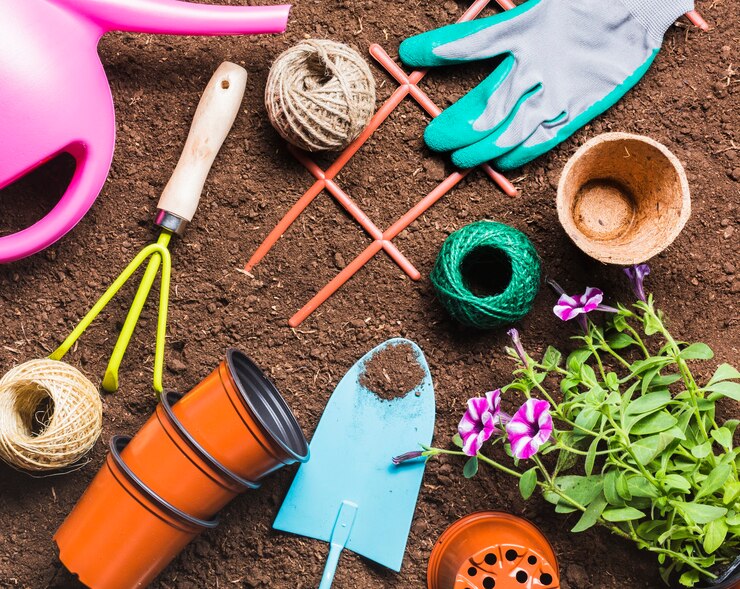
Hey! Do you like fruits and veggies? Well, a lot of the ones we eat in Canberra are grown right here in our city. However, did you know that growing plants can sometimes be bad for the environment? That’s why we need sustainable horticulture – it’s a way of growing plants without hurting nature. Pretty cool, right? Not only that, but let me tell you more about it!
What is Sustainable Horticulture?
Sustainable horticulture means growing plants in an eco-friendly way that doesn’t damage the environment around us. In other words, instead of using harsh chemicals that can pollute the air, water and soil, sustainable gardeners find natural solutions. Their goal is to protect Mother Nature while growing healthy plants and food. Additionally, sustainable horticulture avoid creating waste that harms the planet.
Why is It Important?
There are lots of great reasons why sustainable horticulture matters. First off, it reduces waste and pollution so our planet stays clean and green. Secondly, it keeps the environment healthy for you, me, and future generations of kids and critters. Thirdly, foods grown sustainably are better for you since they don’t have any yucky chemicals. Moreover, sustainable gardens are safe homes for birds, bugs and other cool creatures!
How Do We Do It in Canberra?
So how do people practice sustainable horticulture here in our city Canberra? Well, let me share some of the neat ways:
Compost Bins
Instead of throwing away food scraps, we can compost them! In fact, compost is like super soil that gives plants all the nutrients they need to grow big and strong. Not only that, but it reduces waste too!
Crop Rotation
This sounds fancy, but it just means farmers plant different crops in each field every year. It’s kind of like rotating which veggie you eat each night – it keeps the soil happy and healthy! Plus, rotating crops prevents pests and diseases from spreading.
Bug Buddies
Regular gardens often use bug sprays to get rid of pests. However, sustainable horticulture make friends with good bugs that eat the bad ones – no chemicals needed! In addition, beneficial insects are released to control pests naturally.
Saving Water
Sustainable horticulture are water-wise too. For instance, they use smart techniques like drip hoses and mulch to make sure plants get just the right amount of water. As a result, less water is wasted.
Animal Pals
Sustainable gardens are homes for all sorts of cool animals like birds, bees and butterflies. Having different plants and critters helps everything stay balanced and beautiful. In turn, this creates a healthy, diverse ecosystem.
Why Sustainable horticulture Rocks
Still not convinced sustainable gardening is awesome? Well, here are some top reasons why it’s so great:
1) Yummier food – Sustainable fruits and veggies taste better and are better for you
2) Clean planet – It keeps our air, water and soil free from pollution
3) Happy animals – Sustainable gardens give critters safe places to live
4) Local love – It supports farmers and businesses in our Canberra community
5) Future-proof – Sustainable gardens help make sure we have a healthy world to live in
Get Growing!
Now that you know how cool sustainable horticulture is, I bet you want to get growing yourself! Here are some ideas:
First off, you could start a veggie patch at home using compost and no chemicals. Alternatively, you could ask your parents to buy sustainable produce from local farmer’s markets. In addition, you could learn about composting and make a compost bin for your food scraps.
You could also see if your school has a garden you can help out in. Or better yet, you could convince your family to shop from stores with sustainable products.
Even little gardeners like you can help make Canberra a cleaner, greener place. After all, every small effort adds up to make a big difference. So what sustainable horticulture tip will you try first? The plants, animals and our whole planet will thank you!








